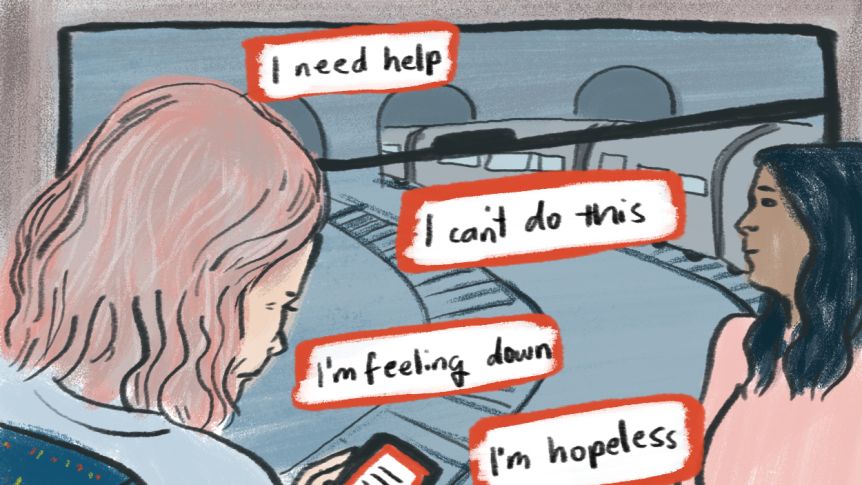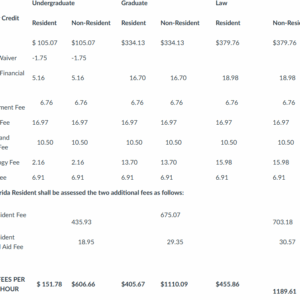COVID-19 | October 14th, 2020
Pandemic Isolation Places Strain on Mental Wellness
By: Kelsey Gilmore

On March 13, 2020, COVID-19 was declared a national emergency. The national emergency declaration pushed many states to enact mandatory stay-at-home orders to derail the spread of the virus. This stay-at-home order caused many experts to worry about the collective mental health of citizens.
The stay-at-home order allowed residents to leave their house for essentials only; these essentials included doctor’s appointments, work, or grocery shopping. Businesses that allowed more than 10 customers at a time were temporarily closed and forced to operate virtually.
There have been 7.22 million reported cases of COVID-19 with over 200 thousand deaths from the virus in the U.S. The national emergency caused a shutdown of many states and out of 50 states, 42 of them enacted the stay-at-home order.
Experts suggest that the stay-at-home order might have been damaging to citizens’ mental health due to isolation. Restaurants, bars, clubs, churches and other places for social gatherings were temporarily shut down. Some states enacted a curfew to keep people from gathering in large parties after dark.
Senior Human Services Program Analyst Fajr Ibraheem believes that the isolation from the stay-at-home order has caused a decline in mental health among her clients.
“There has been an increase in anxiety and depression,” Ibraheem said. “Our consumers have not been able to access their regularly scheduled events. Many of them attended day treatment programs, and they have not been able to go. They are starting to go back now but were out for many weeks. This caused a change in scheduling and that was difficult for them to adjust to as well-being socially isolated.”
Board-certified behavior analyst Ashley Hamilton has also said that she has noticed a change among her clients that has inhibited a few of them from achieving growth. Even with the pandemic not controlled as of late, many battling with mental health are isolated indoors.
“I think that you have some clients who are craving social interactions, so you see more excitable behavior,” Hamilton said. “You also have the clients who don’t crave social interaction and who are contented to not engage with others. I think that they have learned other skills, but this is more of a barrier to their progress.”
In 2018, 48,244 Americans committed suicide, with the rate increasing 35% since 1999, according to the Centers for Disease Control and Prevention. Suicide is the 10th leading cause of death among all ages. According to Journal Pediatrics, suicide attempts among the Black community has risen by 72 percent among Black high schoolers since 1999.
According to the Columbia University Department of Psychiatry, research suggests the adult Black community is 20 percent more likely to experience serious mental health problems, including major depressive disorder or generalized anxiety disorder.
Former clinical supervisor Jazmine Muller believes that the stigma around mental health in the Black community should not prevent someone from getting the help they need.
“There’s this strength that we have as a community, and there’s this pride we have as a community, and it (therapy) is kind of looked at as a weakness,” Muller said. “It’s this pride of not wanting to seem less than. But no one is responsible for your healing but you.”
More and more Americans report the coronavirus crisis is harming their mental health, according to a Kaiser Family Foundation poll. According to the KFF Tracking Poll conducted in mid-July, 53% of adults in the United States reported that their mental health has been negatively impacted due to stress over the Coronavirus.
Dr. Mike deBoisblanc, head of the trauma department at John Muir Medical Center in Walnut Creek, Calif., spoke to ABC News about the amount of suicide-related deaths he has observed recently.
“We’ve never seen numbers like this, in such a short period of time,” he said. “I mean we’ve seen a year’s worth of suicide attempts in the last four weeks (in May).”
Senior psychology major Shanel Brown encourages some of her classmates to take up other activities to maintain their mental health during the current pandemic.
“I always recommend journaling to aid with anxiety, but if you are not the biggest writer, remember to talk to someone and get a dose of human interaction,” Brown said. “It is not normal to be isolated in your room all day, every day. Social isolation is actually a sign of depression. Get some sun and be safe and give your body and mind the necessary attention it needs. Those meetings, assignments and phone calls can wait.”





